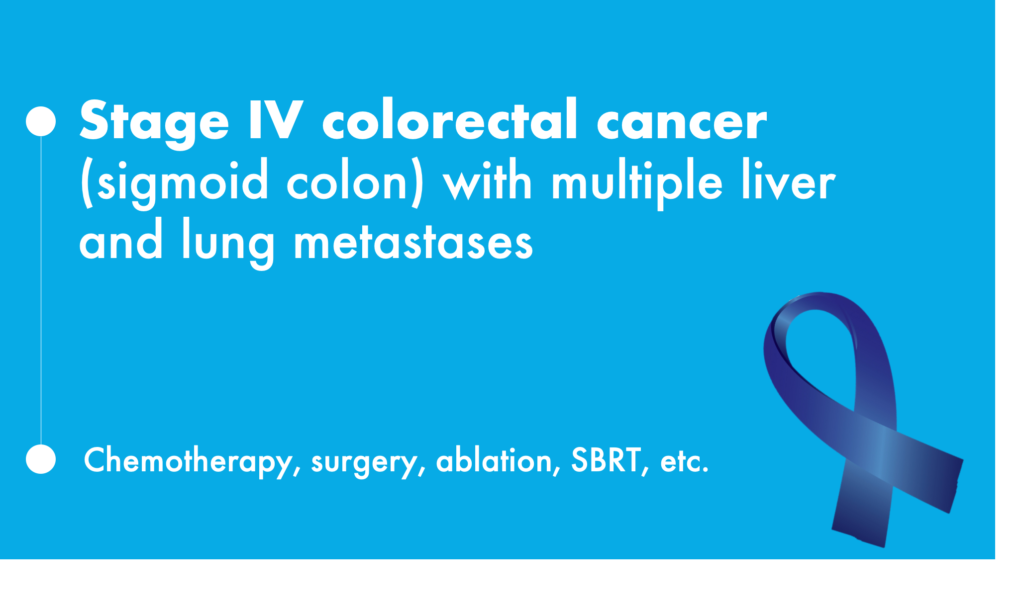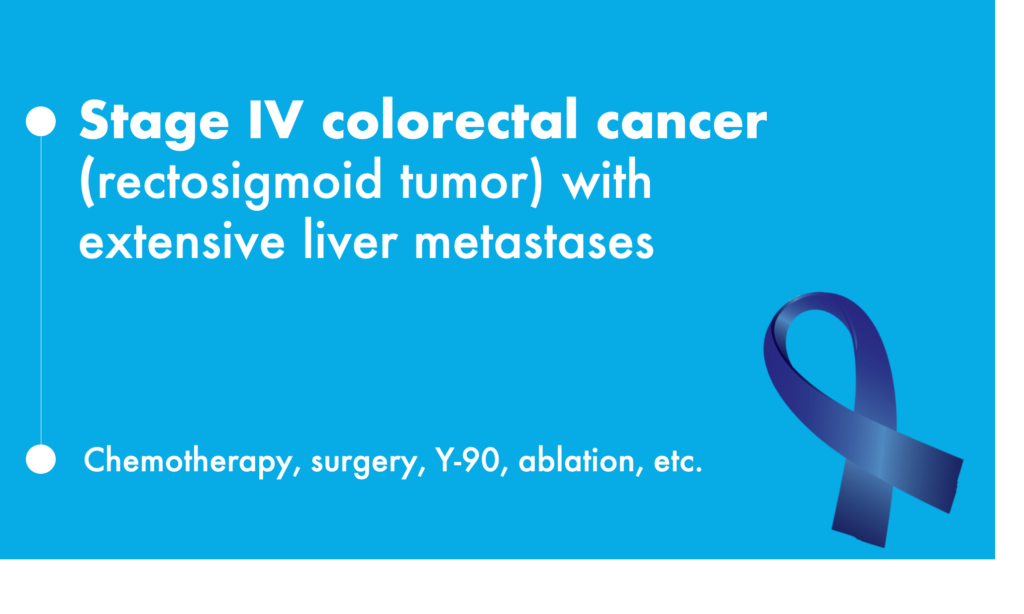Journey of Resilience
An Advanced Breast Cancer Journey: From Diagnosis to Stability
A Story of Strength, Timely Treatment, and Hope
At 68 years old, a female patient visited the emergency room with severe back pain radiating to her flank, thinking it was caused by physical strain. Her medical history included rheumatoid arthritis, congestive heart failure, and a long history of smoking. Additionally, her family history included Hodgkin lymphoma and high-grade bladder cancer. Despite regular mammograms, her primary breast cancer went undetected.
A spine CT scan revealed multiple bone lesions consistent with metastases. Further imaging of the chest, abdomen, and pelvis showed pleural effusion and swollen lymph nodes. A biopsy of a cervical lymph node confirmed metastatic breast cancer, testing positive for estrogen receptors but negative for progesterone receptors and c-ErbB2. Interestingly, neither ultrasound nor mammography could detect the primary tumor in her breast, making the diagnosis even more complex.
Doctors initiated treatment with anastrozole, a hormone therapy, and denosumab, a bone-strengthening medication. The disease remained stable for 17 months, allowing the patient to maintain a good quality of life. However, she later developed swelling in her lower limbs and fatigue. Further tests revealed worsening kidney function and a rise in tumor markers.
A pelvic ultrasound and CT scan uncovered a 5 cm bladder mass, which was later confirmed to be metastatic breast cancer. Due to tumor-related obstruction of the ureters, the patient underwent bilateral nephrostomy procedures to relieve kidney strain. Additional biopsies of the bladder and liver confirmed that the cancer had spread from the breast.
To address disease progression, doctors prescribed capecitabine, an oral chemotherapy drug, while continuing denosumab. After three months of treatment, tumor markers decreased, and the patient remained stable, showing resilience in her ongoing fight.
Diagnosis
Back pain led to scans that revealed metastatic breast cancer, confirmed through lymph node biopsy
Biomarker profile: ER+, PR-
Treatment
Initial hormone therapy kept the disease stable for over a year, but later complications required chemotherapy and additional interventions
Outcome
The patient responded well to treatment, showing reduced tumor markers and clinical stability after three months
Source: Rocha M, Azevedo D, Teira A, Barbosa M. Not everything is as it seems: a rare form of metastatic breast
cancer. Autops Case Rep [Internet]. 2019; 9(2):e2018085. https://doi.org/10.4322/acr.2018.085


